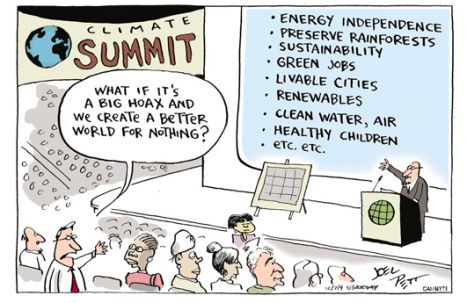Responsibility
"Every time you spend money, you are casting a vote for the kind of world you want" - Anna Lappé.
A great thought! We can vote with our fork. Every euro you spend today determines what the world of tomorrow looks like.
Organic doesn't have to be expensive!
If you do your grocery shopping with some common sense, follow the seasonal offers, and don't eat meat every day, organic food doesn't have to be expensive. On the average, people in the West spend only a very small percentage of their income on food, and over the last 50 years this percentage has continually shrunk. Eating decent homemade food will not make you poor. When more people start to eat organic, more organic food will produced and economies of scale will kick in. This has already happened with organic dairy, which is relatively cheap.
Is organic too expensive...?
If the market aims for the lowest possible price, this always happens at the expense of people, animals, the environment and our natural resources. Organic products are more expensive for a good reason. The fact that you pay more, makes it possible to look after animals, the planet and people better. An organic tomato plant has its roots in de soil en is allowed enough time to develop the splendid colour and taste of its fruits. Organic workers are not exposed to synthetic pesticides. Organic animals have larger stables and have more space to display their natural behaviours. All this affects the price. For example, when no chemical are used, more manual labour will be needed. On top of that, organic agriculture is often executed on a somewhat smaller scale. This can also leads to higher production costs, especially in processed food, because organic lacks the economies of scale.
... Or is conventional too cheap?
In industrial production costs are often "externalized". This means that the damage to the environment and to society is ultimately paid by the whole of the community and by future generations. Cheap discounted meat may seem like a great bargain, but it costs a lot of money for society. Those expences bounce back to you, the consumer, through (e.g.) local taxes for water purifiaction plants. Pollution, soil degradation, erosion, poverty, exploitation, social disruption, loss of biodiversity: if we want to restore all that after it occurs, this will cost billions. Why not do it sustainably right away? 
True Cost of Food - the real costs of our food
 In order to show you how cheap or expensive organic food really is, we have started the True Cost of Food campaign. In this campaign we calculate the hidden costs of food production for the environment and for society, and subsequently communicatie these numbers to you, in the supermarket or food storen. We show this costs through the Sustainability Flower, in 6 dimensions of sustainability: climate, soil, water, biodiversity, social coherence and health. Our True Cost of Food campaign was launched in 2016 and is the first of its kind in the world. More information can be found on our homepage!
In order to show you how cheap or expensive organic food really is, we have started the True Cost of Food campaign. In this campaign we calculate the hidden costs of food production for the environment and for society, and subsequently communicatie these numbers to you, in the supermarket or food storen. We show this costs through the Sustainability Flower, in 6 dimensions of sustainability: climate, soil, water, biodiversity, social coherence and health. Our True Cost of Food campaign was launched in 2016 and is the first of its kind in the world. More information can be found on our homepage!




